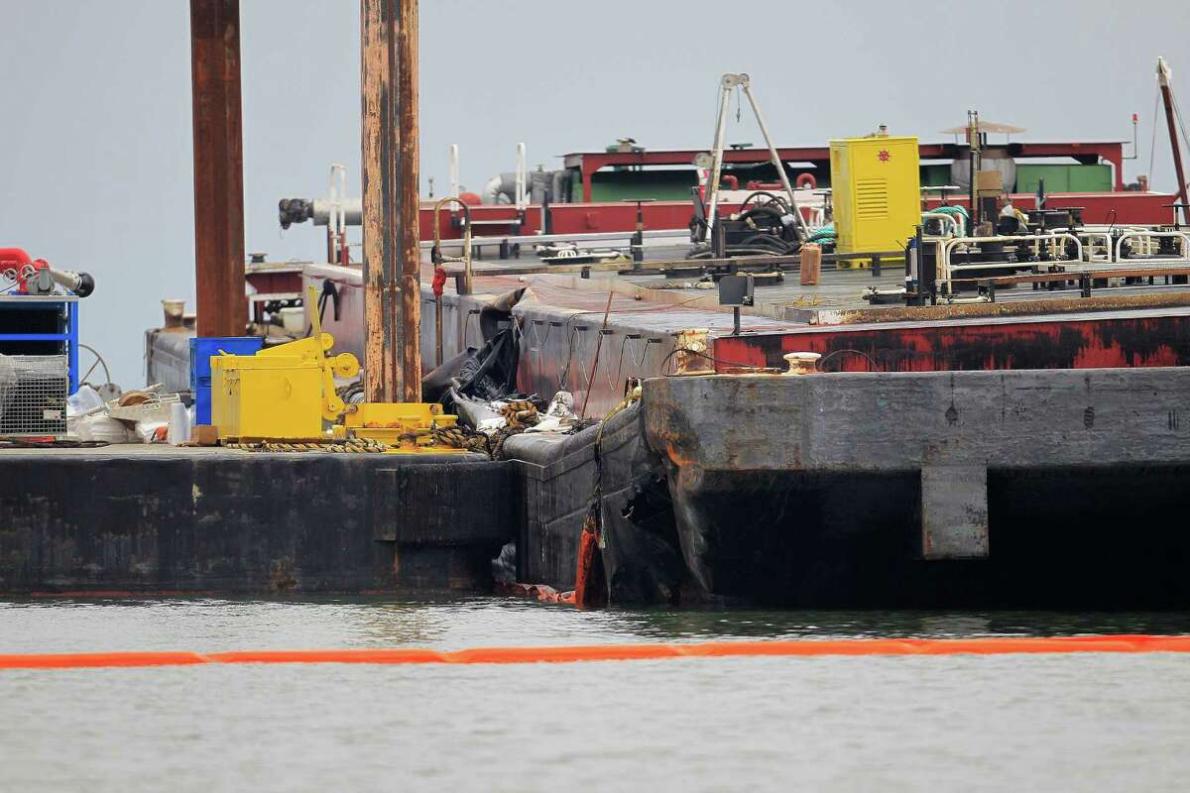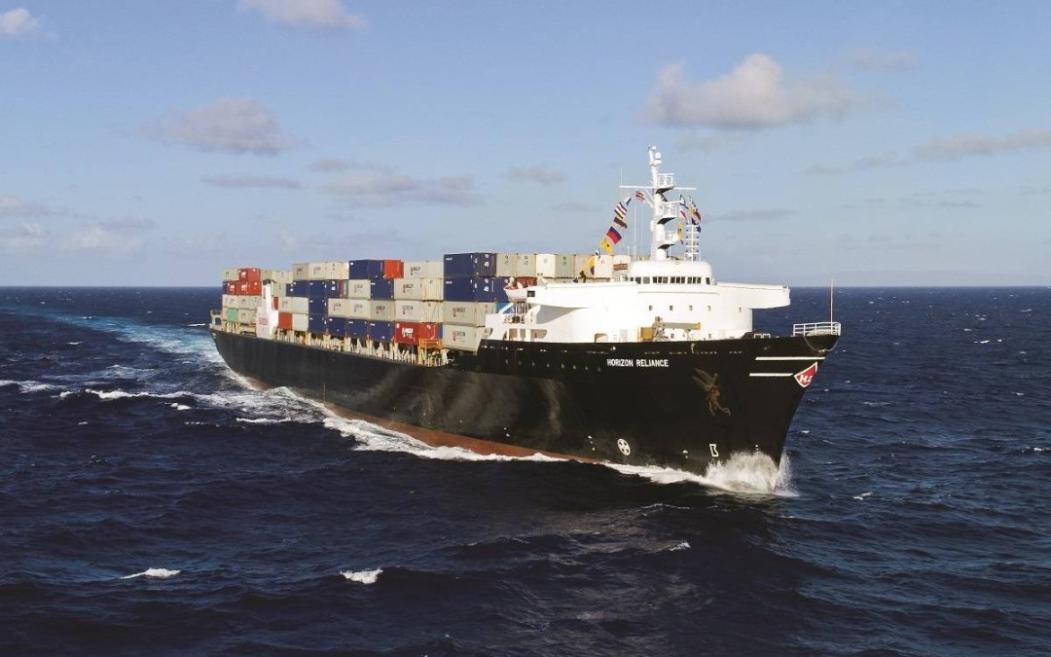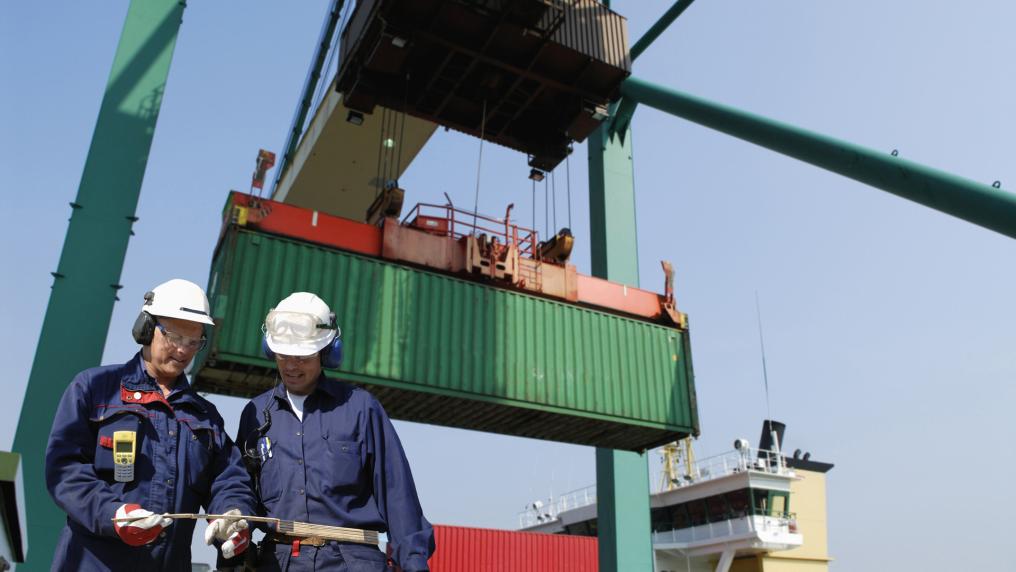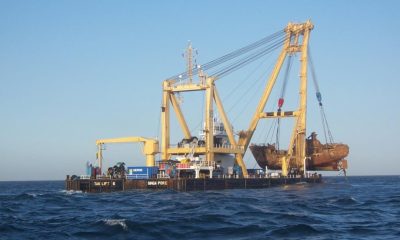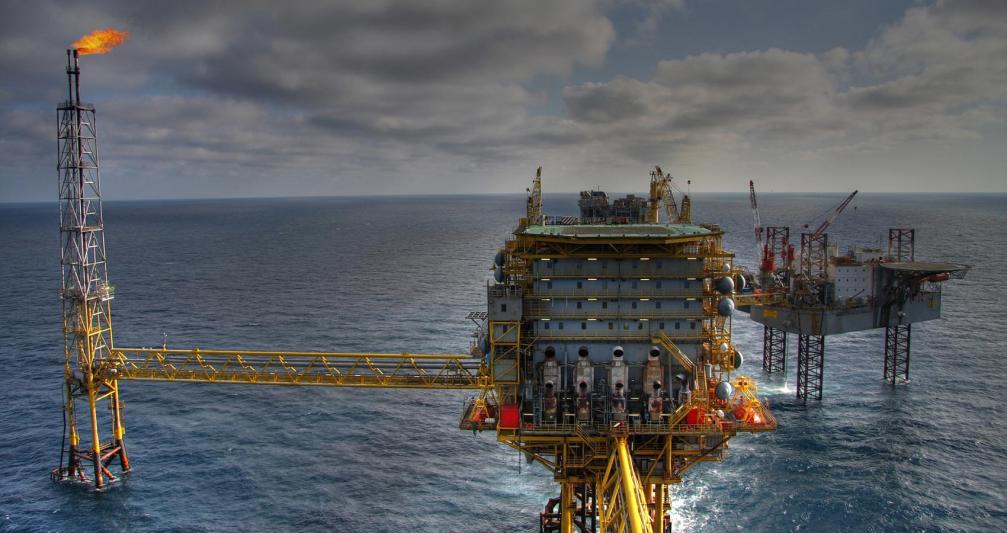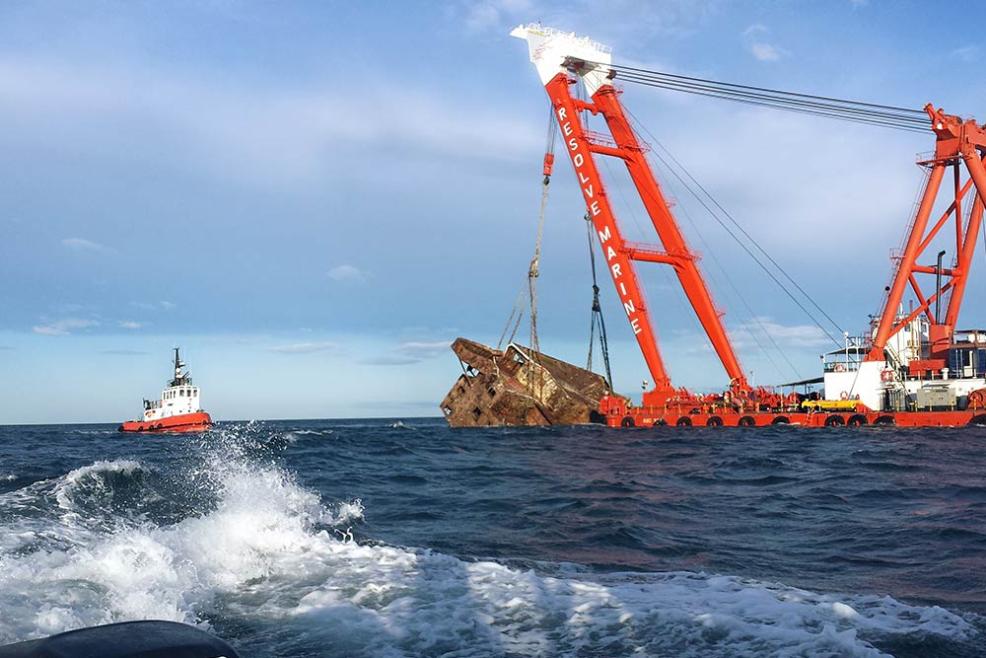
Houston Maritime Lawyer: Salvage and Wreck Removal: Who Pays?
Follow Us @
Houston Maritime Lawyer: Salvage and Wreck Removal: Who Pays?
– best Law and lawyer related updates, fresh and up to date opportunities and best lawyers near you!
Salvage and wreckage removal
Marine salvage and shipwreck removal are crucial services that ensure the safety of waterways and protect the environment from pollution. Understanding the legal framework and responsibility associated with these services is essential for those involved in maritime activities.

Definition of Marine Salvage and Wreck Removal:
Maritime Rescue:
- The act of saving a vessel or cargo from danger at sea.
- It involves efforts to preserve property and move it to a safe location.
Wreck Removal:
- The process of removing a sunk or stranded vessel or its cargo from a waterway.
- It aims to prevent dangers to navigation and protect the marine environment.
Legal Structure:
The legal framework governing maritime salvage and shipwreck removal includes international conventions and national laws.
International Conventions:
- International Convention on Lifesaving (1989): Establishes the rights and obligations of salvors and shipowners in salvage operations.
- Wreck Removal Convention (2007): Establishes a framework for the removal of shipwrecks that pose a danger to navigation or the marine environment.
National Laws:
- U.S: Wreck salvage and removal is governed by federal laws, including the Salvage Act of 1912 and the Wreck Removal Act of 1942.
- Other countries: Each country has its own laws and regulations governing marine salvage and shipwreck removal.
Who Pays for Wreck Salvage and Removal:
Salvador’s Right to Compensation:
- Rescuers are generally entitled to compensation for their services.
- This right is based on principles of unjust enrichment and public policy.
Vessel Owner's Responsibility:
- The owner of the vessel in distress is primarily responsible for salvage and wreck removal costs.
- This liability arises from negligence, breach of contract, or other legal theories.
Third Party Liability:
- Third parties, such as cargo owners or insurers, may also be responsible for salvage and wreck removal costs.
- This liability may arise due to your contractual obligations or legal duties.
Factors Influencing Liability:
Danger Degree:
- The level of danger faced by the rescuer is a key factor in determining liability.
- Greater danger typically leads to greater compensation for the rescuer.
Value of the Vessel and Cargo:
- The value of the vessel and cargo is also relevant in determining liability.
- More valuable properties generally result in higher salvage premiums.
Savior's Efforts and Expenses:
- The efforts and expenses incurred by the salvor are considered in determining liability.
- Rescuers who undertake significant efforts and incur substantial expenses are more likely to receive compensation.
Cost sharing:
Overall Average:
- The general average is a principle that allows the distribution of salvage and wreck removal costs among all parties benefiting from the salvage operation.
- Each party contributes to the costs in proportion to the value of their saved property.
Special Charges:
- Special charges are expenses incurred by the salvor that are not covered by the general average.
- These charges may include expenses related to preserving the vessel or cargo, or expenses incurred in preventing environmental damage.
Marine salvage and wreck removal are essential services that protect lives, property and the environment. Understanding the legal framework and responsibility associated with these services is crucial for those involved in maritime activities. Clear contracts and insurance coverage can help mitigate disputes and ensure all parties involved are adequately protected.
If you are facing marine salvage and wreck removal issues, it is advisable to seek legal advice from an experienced Houston maritime lawyer. They can provide guidance about your rights and obligations and help you navigate the legal process.
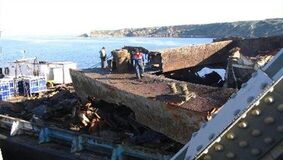
Houston Maritime Lawyer: Salvage and Wreck Removal: Who Pays?
Follow AFRILATEST on Google News and receive alerts for the main trending Law and layers near you, accident lawyers, insurance lawyer, robotic Lawyer and lots more! Houston Maritime Lawyer: Salvage and Wreck Removal: Who Pays?
SHARE POST AND EARN REWARDS:
Join our Audience reward campaign and make money reading articles, shares, likes and comment >> Join reward Program
FIRST TIME REACTIONS:
Be the first to leave us a comment – Houston Maritime Lawyer: Salvage and Wreck Removal: Who Pays?
, down the comment section. click allow to follow this topic and get firsthand daily updates.
JOIN US ON OUR SOCIAL MEDIA: << FACEBOOK >> | << WHATSAPP >> | << TELEGRAM >> | << TWITTER >
Houston Maritime Lawyer: Salvage and Wreck Removal: Who Pays?
#Houston #Maritime #Lawyer #Salvage #Wreck #Removal #Pays
-

 Fashion3 months ago
Fashion3 months agoVogue Arabia cover welcomes Salma Hayek in an interview with Penélope Cruz
-

 Football3 months ago
Football3 months agoVAR points out Diego Costa's offense against the fourth referee
-

 USA today entertainment3 months ago
USA today entertainment3 months agoBeyonce with the single “Break My Soul” leads on Spotify Brazil
-

 Health and Fitness3 months ago
Health and Fitness3 months agoVaccine against the reappearance of skin cancer enters final testing phase
-

 USA today entertainment3 months ago
USA today entertainment3 months agoSZA, Future and DJ Khaled come together in collaboration
-

 News3 months ago
News3 months agoParents of former player Waleswska are pressured by widower to pay rent for the house where they live
-

 USA today entertainment3 months ago
USA today entertainment3 months agoLarissa Luz and Linn da Quebrada enchant at the Multishow Awards with a tribute to Elza Soares.
-

 Good News TV series3 months ago
Good News TV series3 months agoThe shocking reason behind the decision not to show dead characters in The Last Of Us episode revealed














